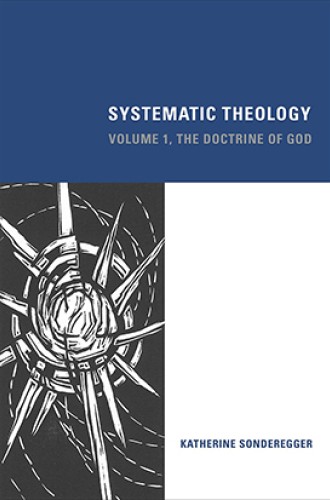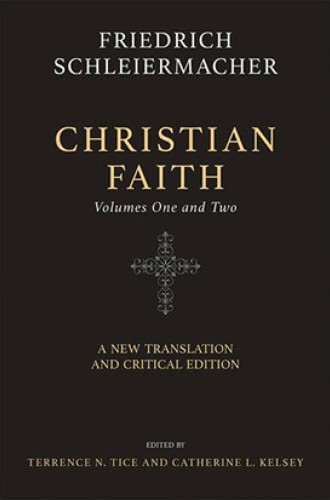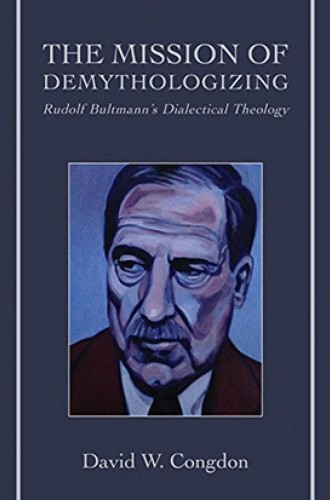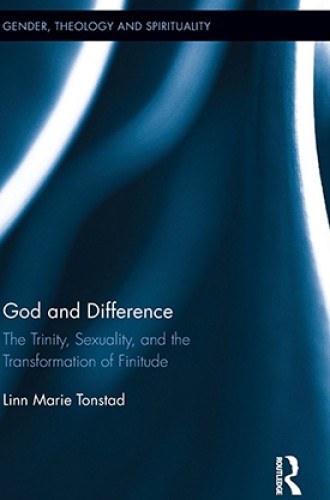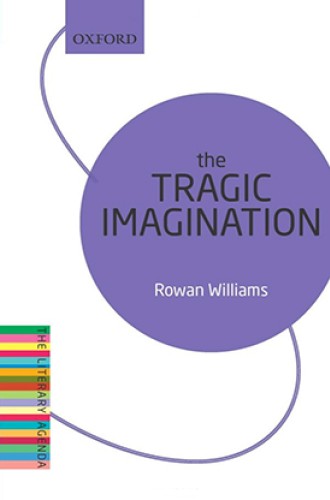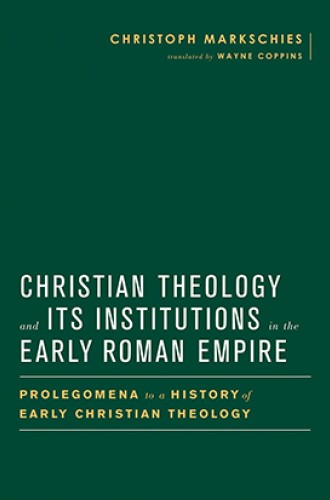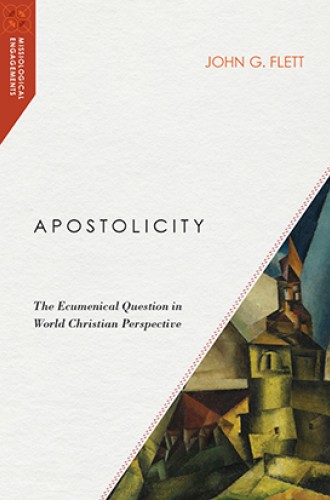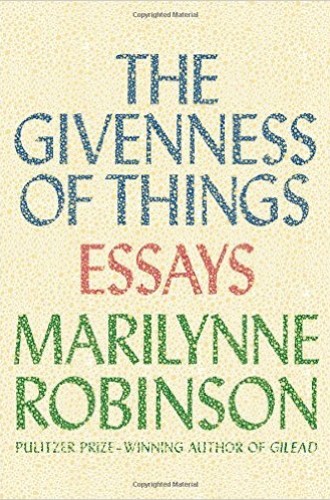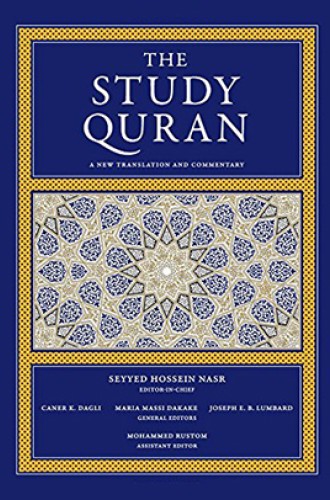Systematic Theology: Volume 1, The Doctrine of God, by Katherine Sonderegger. This might turn out to be the most influential work of systematic theology of recent times. Katherine Sonderegger calmly but firmly rejects the developments of recent trinitarian theology and makes a strong case for grounding theology in the confession of God’s oneness. Highlights include her quirky archaic-reverential prose style (which is more delightful than I’ve just made it sound) and her richly textured readings of Old Testament passages.
Christian Faith: A New Translation and Critical Edition (2 vols.), by Friedrich Schleiermacher, translated by Terrence N. Tice, Catherine L. Kelsey, and Edwina Lawler. At last somebody has blown the cobwebs off this major work of systematic theology. The new English translation is a vast improvement on the old one, especially in the way it reflects Schleiermacher’s terminological consistency. The industrious translators also assembled a 60-page analytical index of topics that provides a key to Schleiermacher’s intricate tapestry of concepts. I read this index from start to finish and found it as eye-opening as any monograph.
The Mission of Demythologizing: Rudolf Bultmann’s Dialectical Theology, by David W. Congdon. Just when theologians had all but forgotten the name of Rudolf Bultmann, the great German scholar makes a comeback in this mighty book. David Congdon demonstrates that there are deep affinities between the projects of Barth and Bultmann. Congdon wants to revitalize a dialectical theology that centers on mission, translation, and the experience of salvation. Will this book launch a new left-wing Barthian theology?


